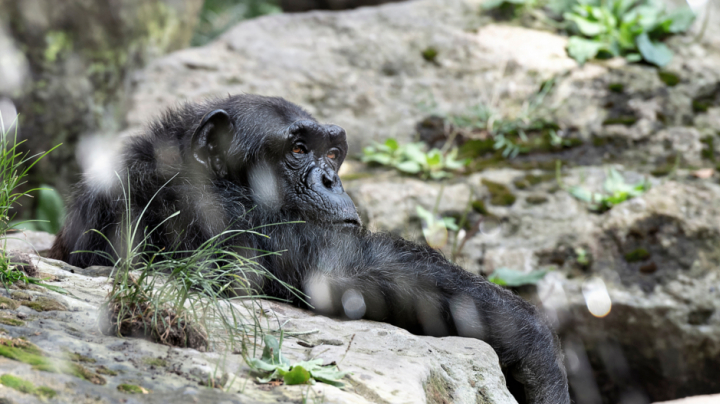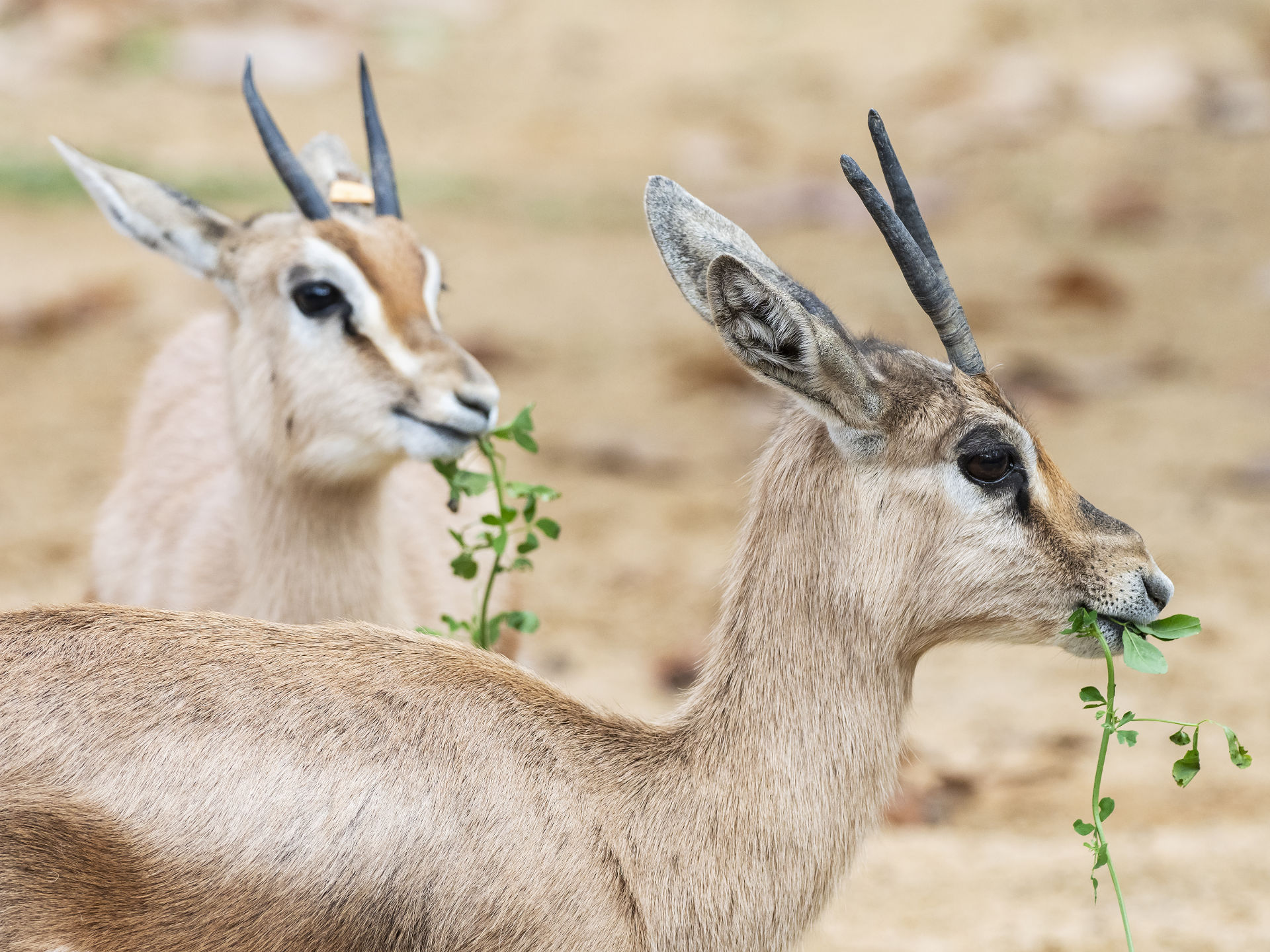
This project is part of an umbrella project that the centers on understanding the behavioral ecology of non-habituated chimpanzees in an unprotected savanna habitat in Tanzania and conserving their habitat. Detailed ecological studies are crucial in reaching these goals.
The general objective of the proposed project is to assess the spatiotemporal availability and nutritional quality of foods for the chimpanzees in this dry, open and seasonal habitat.
The specific objectives are the following:
-
To evaluate the floristic heterogeneity of the habitat
-
To assess species diversity, community composition and vegetation structure of the different vegetation types within the habitat
-
The determine the spatial and temporal distribution and abundance of foods (especially preferred or keystone foods) within the habitat and within vegetation types
-
To estimate the floristic variability within forest vegetation types
-
To estimate nutriotional quality of the diet by assessing the nutritional composition of foods
-
To assess the quality of the different vegetation types of the habitat as food providers and determine the importance of the different vegetation types to chimpanzee’s survival in this habitat, especially forest patches



